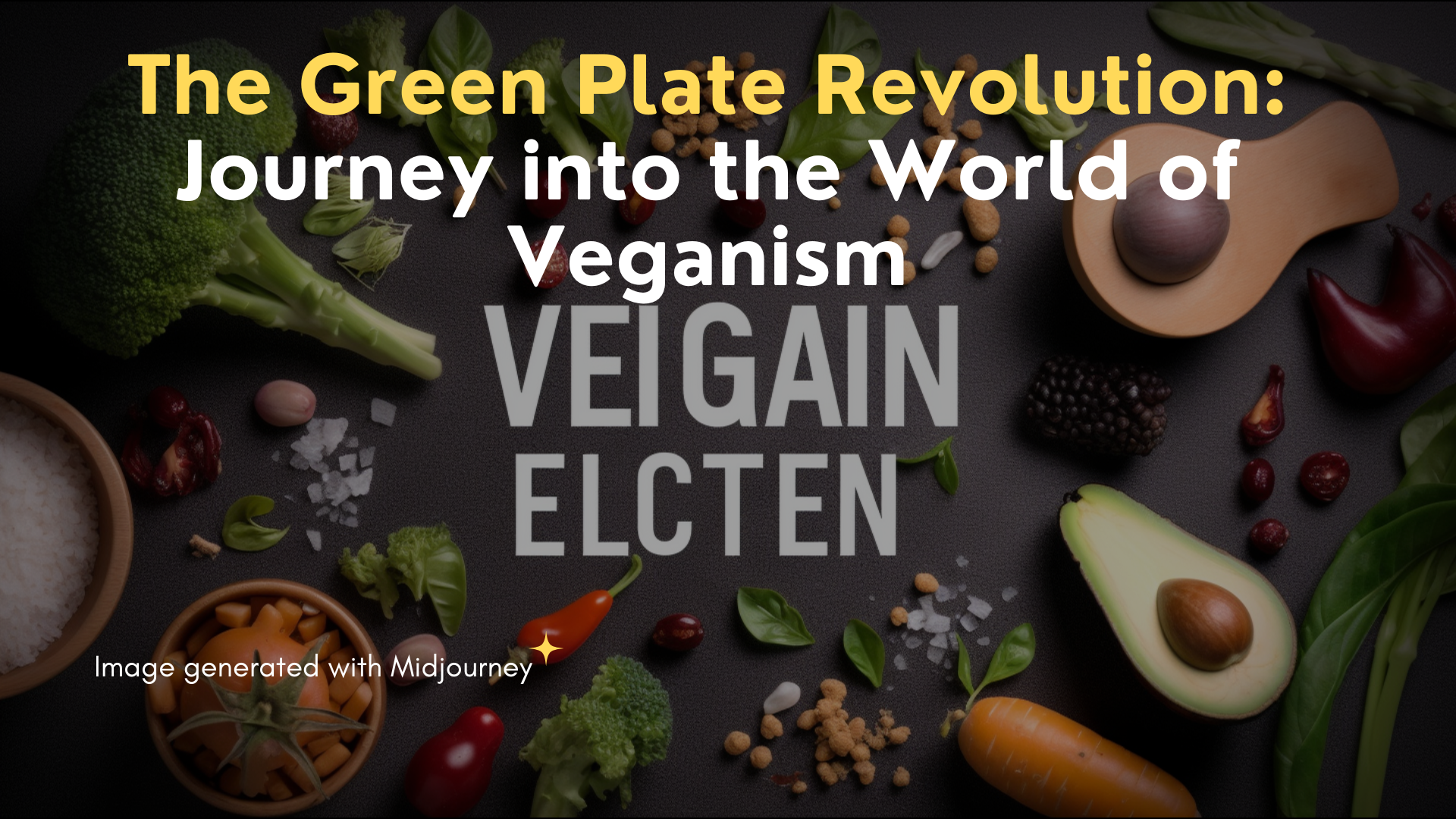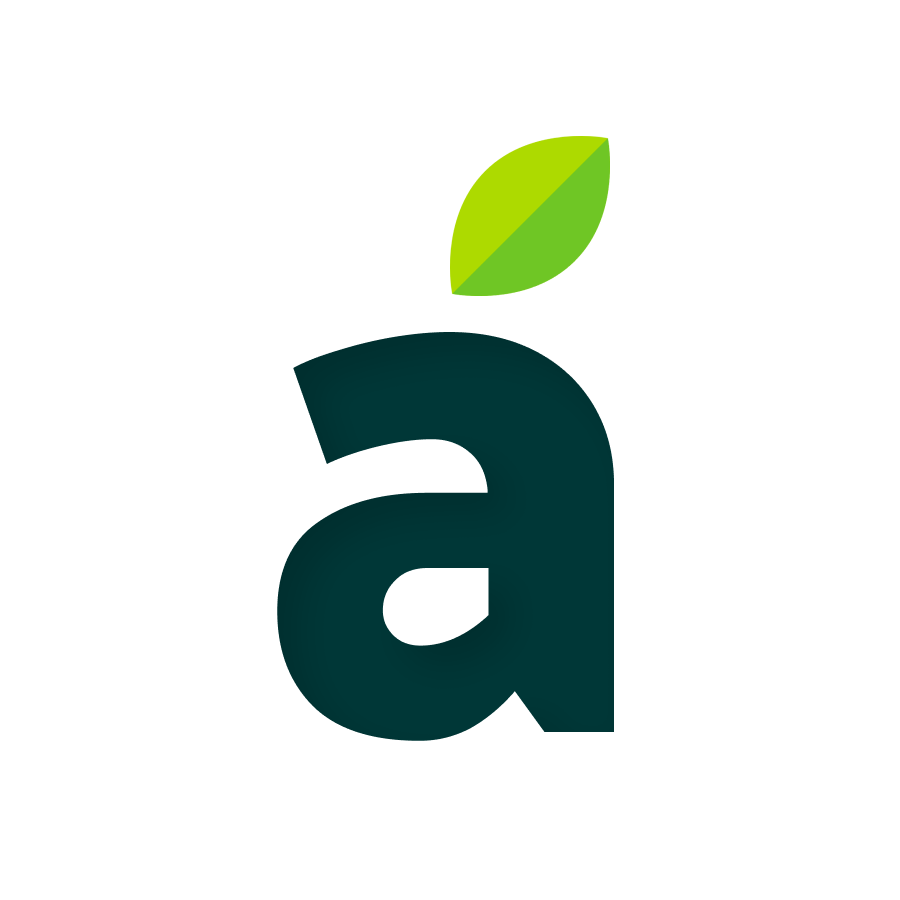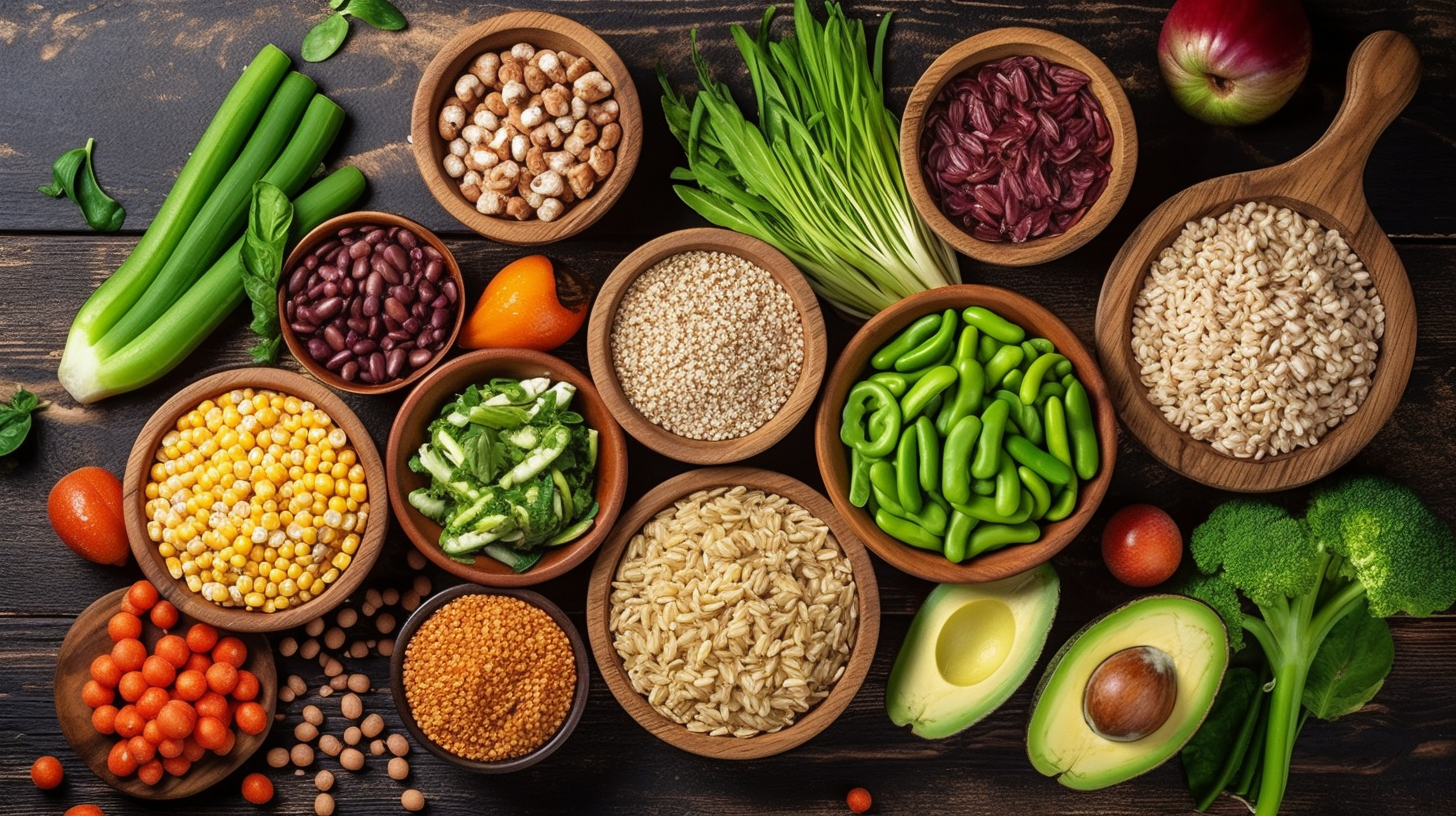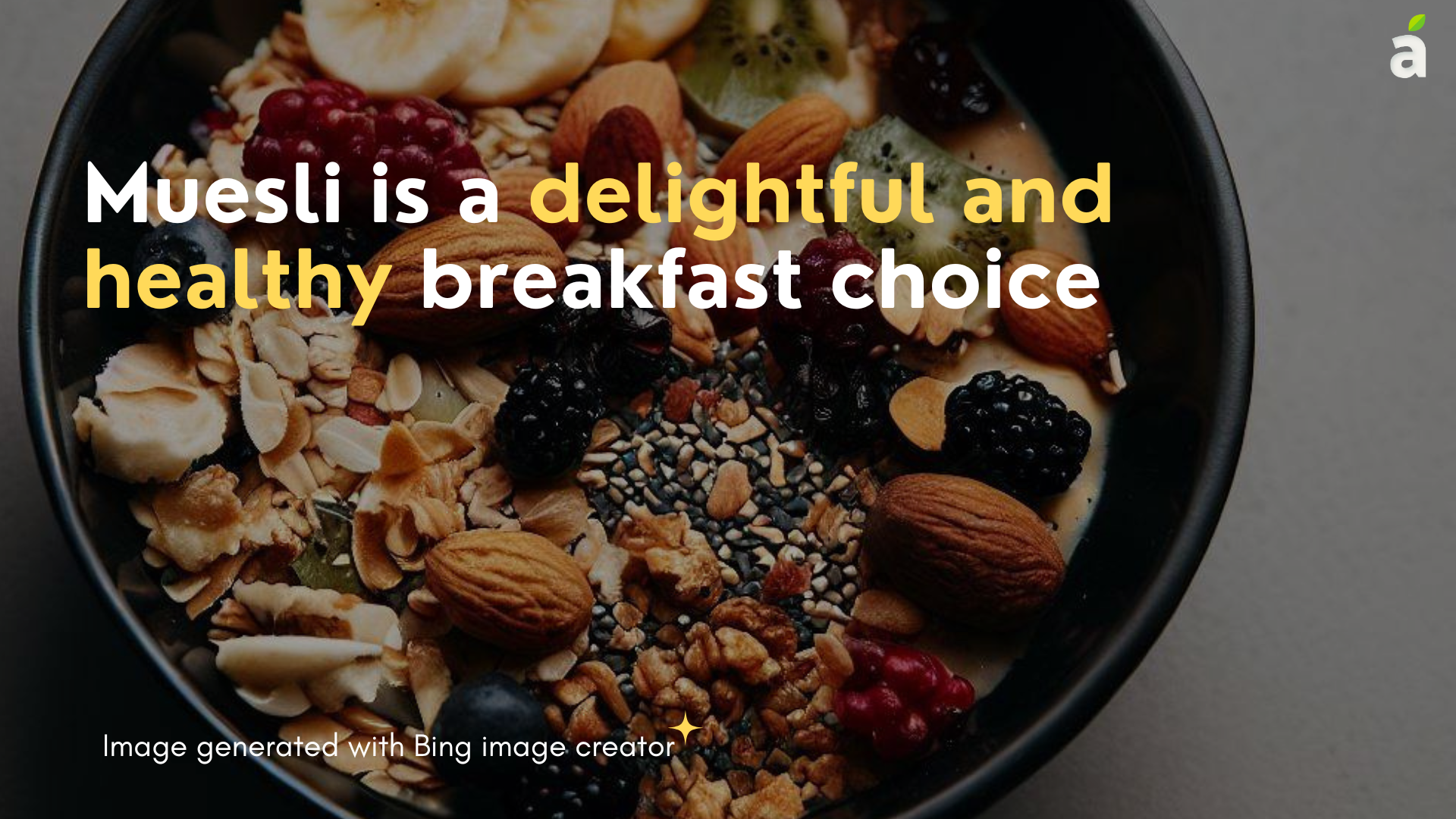Published Date January 24, 2003
Embracing the Plant-Powered Revolution
By Naurin Ansari
3 min read
Last update date: January 24, 2003

In recent years, the vegan diet has gained significant popularity, not only as a lifestyle choice but also as a pathway towards improved health and environmental sustainability. By abstaining from animal products and focusing on plant-based foods, vegans embrace a compassionate way of life that holds incredible potential for personal well-being.
In this blog post, we will explore the essence of a vegan diet, its benefits for weight loss, protein intake considerations, top vegan foods to savour, and the numerous advantages of incorporating vegan foods into your daily routine.
What is a Vegan Diet?
The vegan diet revolves around the consumption of plant-based foods such as vegetables, grains, nuts, and fruits, while completely avoiding animal-derived products like dairy and eggs. By adopting a vegan lifestyle, individuals not only prioritise their own health but also contribute to ethical and environmental concerns. The decision to exclude animal products from one's diet reflects a conscious effort to promote sustainable and compassionate choices.
A vegan diet offers numerous health benefits but there are a few essential nutrients that require special attention for those embracing this lifestyle. These include vitamin B12, calcium, iron, and specific omega-3 fatty acids. Ensuring an adequate intake of these nutrients can be achieved through careful meal planning, including fortified plant-based sources and supplements when necessary.[1][2]
The Vegan Diet and Weight Loss
Research findings indicate that people following a vegan diet experienced greater weight loss compared to other dietary groups. This can be attributed to the reduced intake of saturated fats and overall lower calorie content in plant-based foods. The high fibre content found in fruits, vegetables, and whole grains contributes to feeling full which prevents overeating.
By embracing a vegan diet, individuals achieve not only sustainable weight loss but also improve important health indicators such as blood pressure, cholesterol levels, and blood sugar control.[3]
Protein Intake for People Following a Vegan Diet
People who follow a vegan diet often face inquiries about their protein intake. However, meeting protein requirements on a vegan diet is quite feasible and straightforward. A wide range of plant-based foods, including fruits, vegetables, grains, beans, nuts, and seeds, contain varying amounts of protein. It is worth noting that a diet solely consisting of fruits, sugars, fats, and sugar alcohol may be insufficient in protein since these foods are not significant protein sources.
As long as a vegan diet provides adequate calories to maintain weight, people who consume a diverse array of foods such as vegetables, beans, grains, nuts, and seeds generally have no trouble meeting their protein needs. Plant-based protein sources encompass legumes like lentils, chickpeas, and beans, as well as tofu, tempeh, seitan, edamame, quinoa, chia seeds, and hemp seeds, among others.
By combining different plant protein sources throughout the day, vegans can acquire all the essential amino acids crucial for optimal health. Furthermore, fortified plant-based milk, soy products, and protein-rich supplements can serve as additional protein options if necessary.[4]
Best Vegan Foods to Try
A diverse range of delicious and nutritious vegan foods can be enjoyed as part of a well-balanced diet. Fruits and vegetables, such as leafy greens, berries, citrus fruits, and root vegetables, are packed with vitamins, minerals, and antioxidants. Whole grains like quinoa, brown rice, oats, and whole wheat bread are excellent sources of fibre, vitamins, and minerals. Legumes, including beans, lentils, and peas, provide ample protein, fibre, and complex carbohydrates.
Nuts and seeds like almonds, walnuts, chia seeds, and flax seeds are rich in healthy fats, protein, and essential minerals. For plant-based protein sources, options like tofu, tempeh, and seitan offer versatility. Meanwhile, dairy alternatives like almond milk, soy milk, oat milk, and rice milk provide satisfying alternatives to traditional dairy products.
To ensure a well-rounded nutrient intake, it is essential to incorporate a variety of foods into a vegan diet. By exploring the array of options available, individuals can savour the flavours of vibrant fruits, nutrient-rich vegetables, wholesome grains, nourishing fats, and protein-packed legumes.
Additionally, experimenting with herbs, spices, and plant-based condiments adds a delightful twist and enhances the diversity of vegan meals. Remember, the key is to embrace variety and enjoy the abundance of plant-based foods for optimal nutrition and culinary delight.[5][6]
Benefits of Eating Vegan Foods
A vegan diet excludes all animal-derived products and presents several potential health benefits. These advantages include:
- Weight management: The lower calorie and fat content of plant-based foods can aid in weight loss and management.
- Reduced risk of chronic diseases: Vegan diets, rich in fibre, antioxidants, and other beneficial plant compounds, may lower the risk of conditions such as heart disease, stroke, type 2 diabetes, and specific types of cancer.
- Improved digestion: With its high fibre content and inclusion of water-rich foods, a vegan diet can promote better digestion, prevent constipation, and support overall gut health.
- Blood sugar control: Following a vegan diet can enhance insulin sensitivity and improve blood sugar control which is particularly beneficial for individuals with type 2 diabetes.
- Enhanced kidney function: Adopting a vegan diet may improve kidney function, which can be advantageous for those with kidney disease.
- Reduced inflammation: Vegan diets have the potential to lower inflammation within the body, providing potential benefits for individuals with conditions like rheumatoid arthritis and lupus.
It is essential to note that a well-planned vegan diet can provide all the necessary nutrients for a healthy life. However, careful attention must be given to potential nutrient deficiencies, such as vitamin B12, omega-3 fatty acids, and iron, predominantly found in animal products. Adequate planning and diversification of plant-based sources help ensure the fulfilment of these essential nutrients.
Embracing a vegan diet not only offers personal health benefits but also supports a sustainable and environmentally friendly lifestyle. By reducing greenhouse gas emissions, conserving water resources, and preserving animal habitats, individuals can contribute to a more eco-conscious and compassionate world.[7]
Takeaway
Incorporating a vegan diet into your life can be a transformative experience, benefiting both your personal health and the world we live in. You can embark on a journey towards a compassionate and nutritious lifestyle by understanding the fundamentals of a vegan diet, exploring protein-rich plant-based options, and savouring a wide variety of delicious vegan foods.
In this blog post, we have only scratched the surface of the vast world of veganism. The key to a successful transition is to be open-minded, experiment with new flavours, and educate yourself on the nutritional aspects of a plant-based diet. So, why not take the first step and explore the wonders of veganism today? Your body and the planet will thank you.
References
- https://www.nhs.uk/live-well/eat-well/how-to-eat-a-balanced-diet/the-vegan-diet/
- https://foodinsight.org/basics-of-vegan-diet/
- https://www.medicalnewstoday.com/articles/321477#:~:text=The%20results%20showed%20that%20people,loss%20compared%20to%20omnivorous%20diets
- https://www.vrg.org/nutrition/protein.php#:~:text=The%20recommendation%20for%20protein%20for,meet%20the%20recommendations%20for%20protein
- https://www.healthline.com/nutrition/foods-vegans-eat
- https://www.webmd.com/diet/vegan-diet-overview
- https://www.sustainably-chic.com/blog/vegan-food-bloggers
Keep reading
Choose Healthy With Us.
Know the real truth about your food. Stay informed and healthy, for free.

Download the App Now
Certified nutritionists trust our food recommendations. Safe to say, so can you :)














